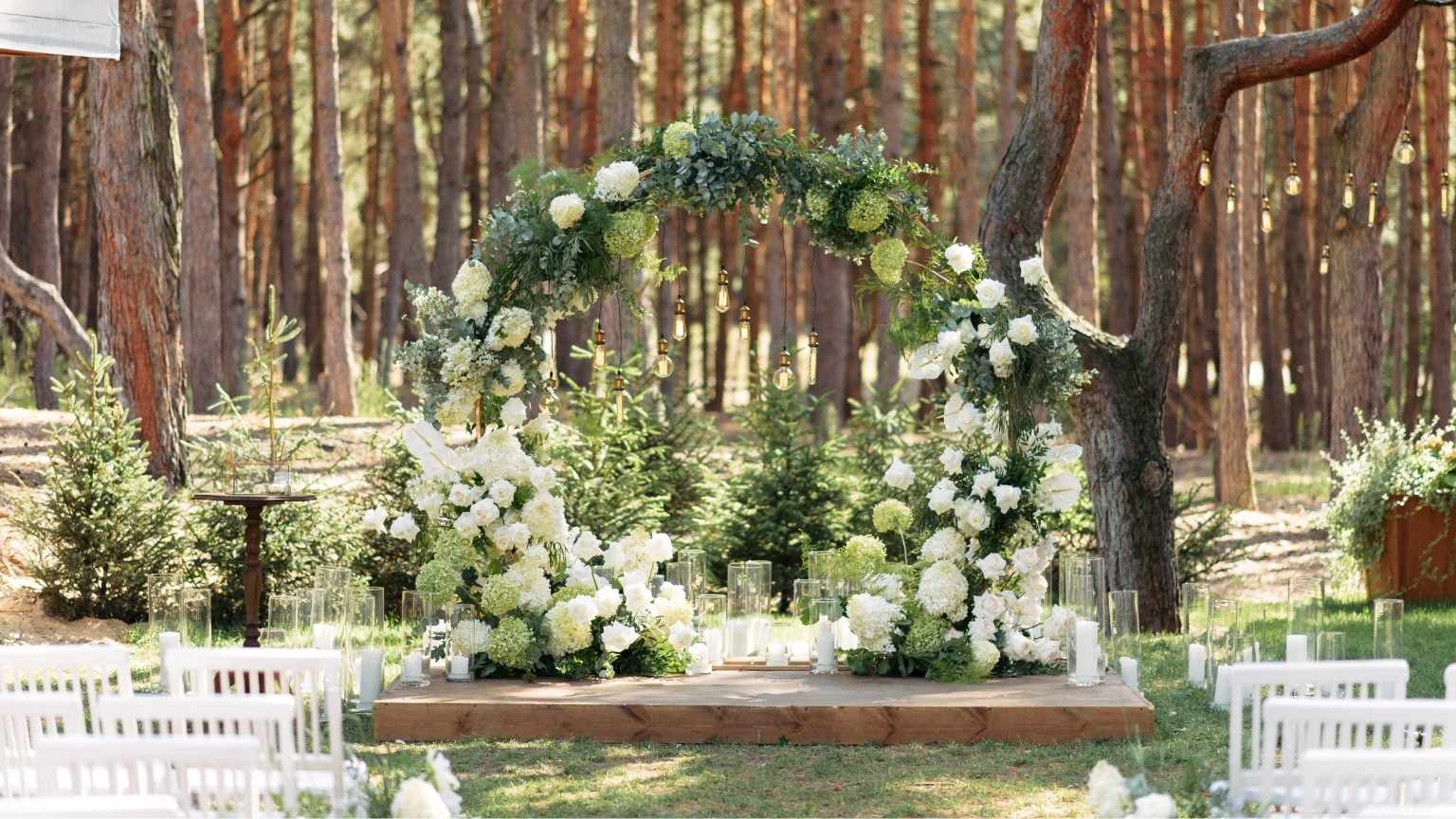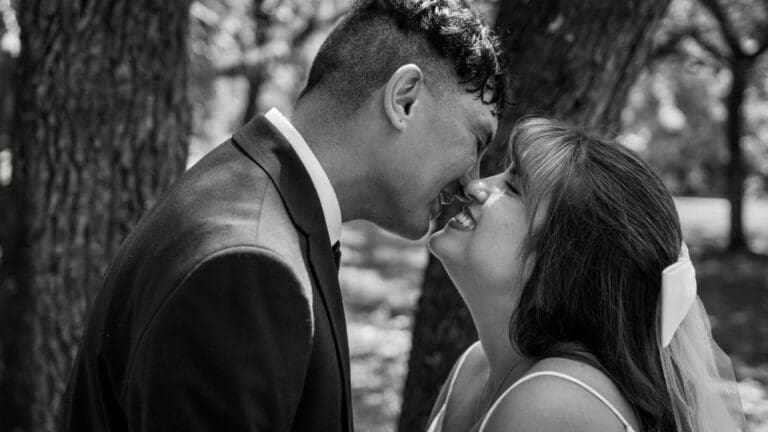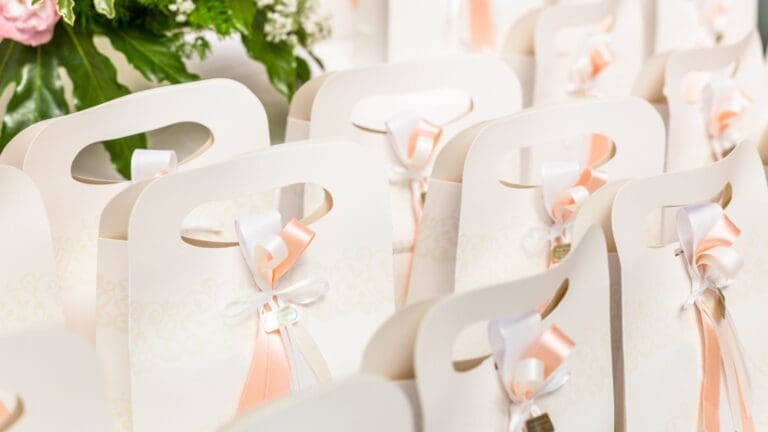Portal de noticias de España y el mundo, tendencias y temas de interés actualizados

More and more couples are choosing to get married in a way that feels authentic, intimate, and aligned with their values. Far from traditional protocols and empty speeches, symbolic ceremonies are becoming the preferred choice for those who want more than just a wedding — they want a soulful experience.
And it’s not just a trend. According to platforms like The Knot and Zankyou, searches for terms like symbolic ceremony, union ritual, and spiritual wedding have increased significantly over the past two years. In destinations like Ibiza, where nature invites deep connection, this type of celebration is also transforming the role of the wedding planner and the way we understand marriage itself.
1. What is a symbolic ceremony?
Unlike civil or religious ceremonies, a symbolic ceremony is not bound by legal or institutional rules. Its value lies in what it means to the couple. It’s a fully customized celebration that tells the story of the couple through words, gestures, and rituals that hold personal meaning.
These ceremonies can take place anywhere, in any language, and may incorporate cultural, spiritual or purely emotional elements. This is why weddings planners who specialize in this format work closely with couples, listening to their vision and helping them design a moment like no other. Learn more about what wedding celebrants do.
2. The most popular symbolic rituals (and why they’re so moving)
Here are the most frequently chosen rituals in destination weddings like Ibiza — and the ones that will define the 2025 season:
Handfasting or Celtic knot ritual
Of ancient origin, this ritual involves tying the couple’s hands with colored ribbons that symbolize values like eternal love, protection, loyalty, or passion. It’s a deeply symbolic and visually beautiful gesture that can be adapted to any kind of ceremony.
Cacao ceremony
Rooted in pre-Columbian cultures, this ritual uses cacao as a sacred plant to open the heart. It is often accompanied by live music, meditation, or chanting, and becomes an intimate emotional experience shared by the couple and their guests.
Sand or stone ritual
Perfect for family weddings or couples with children. The couple blends different sands or stones to symbolize the merging of paths or the building of a new life together. In some cases, each guest is invited to place a stone as a blessing.
Fire ceremony
Held outdoors, usually at sunset. Fire represents transformation, strength, and rebirth. Many couples choose this ritual to close a chapter and begin a new one with purpose and intention.
Circle of union
Guests form a circle around the couple during the ceremony to represent support, unity, and shared love. This is often used in spiritual weddings, especially those held in natural settings.
3. Why couples are choosing symbolic ceremonies
More than aesthetics, this trend is driven by a deeper emotional need: to celebrate love in a way that truly reflects who they are. In an increasingly diverse, global, and emotionally aware world, weddings are moving away from rigid scripts toward full personalization.
Couples today want to choose the tone, language, setting, length, and content of their ceremony. These may be second marriages, intercultural or LGTBIQ+ weddings, or simply people who don’t identify with conventional formats.
A good wedding planner in Ibiza will know how to support this vision, connecting couples with celebrants who understand their story and can create something heartfelt — without clichés or repetition. Consider reaching out to a wedding celebrant with experience in symbolic ceremonies.
4. Multilingual ceremonies: a growing priority in Ibiza
Ibiza is without a doubt one of the top destinations in Europe for this kind of celebration. Its connection to nature, its free-spirited energy, and its high-quality infrastructure make it the ideal setting for symbolic and personalized weddings.
One of the most valued aspects for international couples is the option to hold ceremonies in multiple languages. The rise of multilingual weddings responds to a growing need: making sure all guests feel included, especially when families come from different countries and cultures.
Having weddings planners who understand this diversity and can coordinate with multilingual celebrants is essential for the experience to flow naturally and emotionally.
Conclusion
Symbolic ceremonies are not a passing trend. They’re a genuine response to the desire for weddings that actually mean something. In 2025, more couples will choose the intimate, the emotional, and the authentic.
In this new paradigm, the role of the wedding planner is evolving: it’s no longer just about managing logistics, but about helping create spaces where love can be told with honesty.
And along that journey, destinations like Ibiza and Formentera will continue to be the perfect setting for saying “I do” — in any language, through any ritual, but always with soul. Consider working with a wedding celebrant to fill your special day with meaning and emotion.



